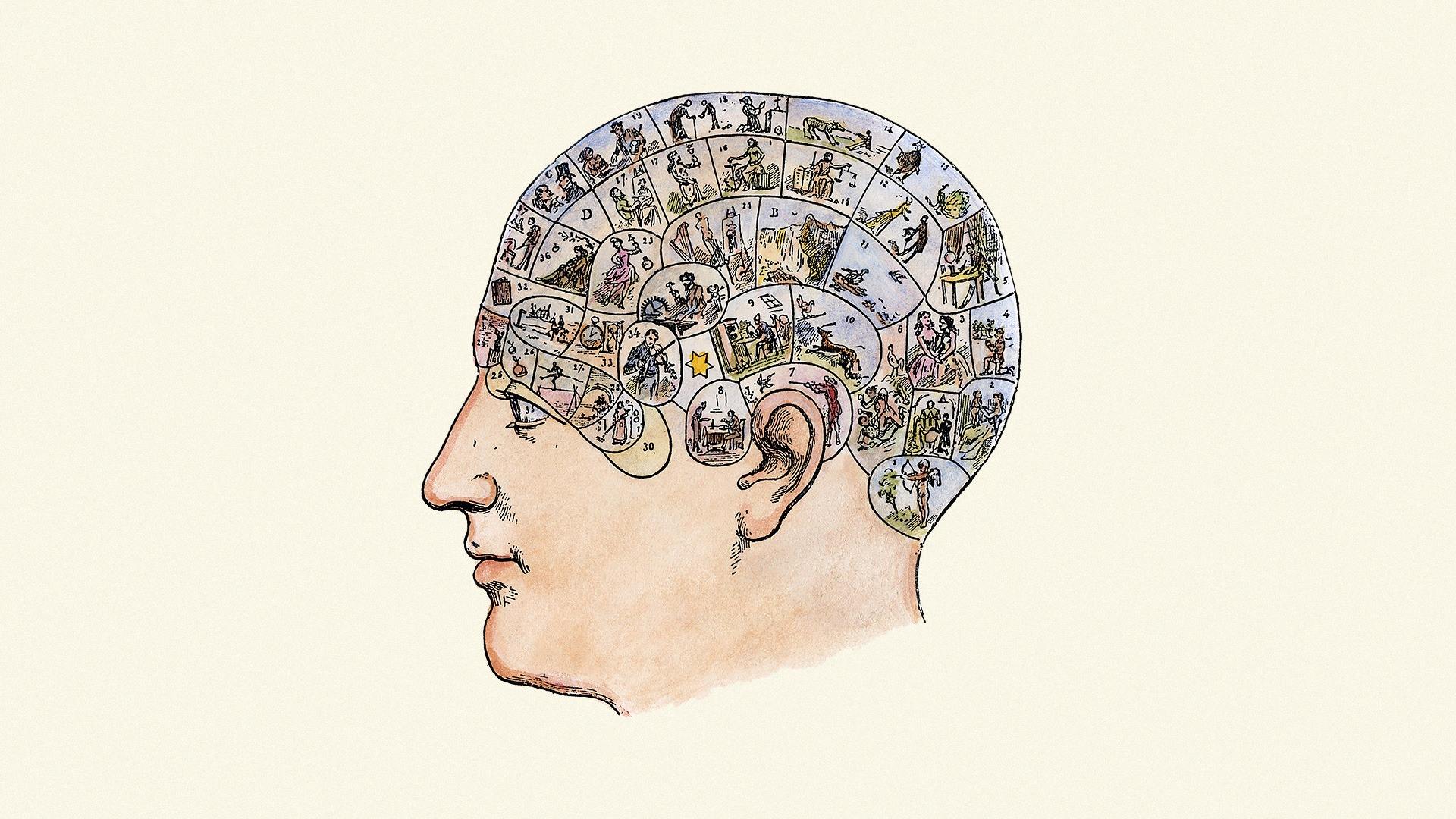
Neurodiversity is a concept that celebrates the diverse spectrum of human brains and the idea that differences in brain function are normal, rather than deficits. This perspective shifts the focus from trying to "cure" individuals to understanding and supporting them in ways that highlight their unique strengths. With a growing awareness, society is beginning to recognize the importance of embracing neurodiversity, from the classroom to the workplace. Neurodiversity encompasses a range of conditions such as Autism, ADHD, Dyslexia, and more, each bringing its own set of challenges and abilities. Understanding these 23 facts about neurodiverse individuals can foster more inclusive environments where everyone has the opportunity to thrive.
Neurodiversity is a concept that recognizes and respects neurological differences as any other human variation. These differences can include those labeled with dyslexia, autism, ADHD, and other neurological conditions. Understanding neurodiversity is crucial for fostering inclusive environments where everyone's unique strengths are celebrated. Let's dive into some fascinating facts about neurodiversity.
What Is Neurodiversity?
Neurodiversity is a perspective that brain differences are normal, rather than deficits. This viewpoint suggests that neurological variations should be recognized and respected just like any other human variation.
-
Neurodiversity encompasses a wide range of neurological differences. Commonly recognized conditions under this umbrella include autism, ADHD, dyslexia, Tourette's Syndrome, and others.
-
The term neurodiversity was coined in the late 1990s by sociologist Judy Singer, who herself is on the autism spectrum. Her work aimed to shift the dialogue around neurological differences from one of deficit to one of diversity.
-
Neurodiversity advocates for strengths-based approaches to learning and working, highlighting the unique skills and perspectives that neurodivergent individuals bring to the table.
Understanding Autism Spectrum Disorder
Autism Spectrum Disorder (ASD) is a key part of the neurodiversity movement, emphasizing the wide range of experiences and abilities of those on the spectrum.
-
Autism is characterized by a wide range of conditions, including challenges with social skills, repetitive behaviors, speech, and nonverbal communication, as well as by unique strengths and differences.
-
Not all autistic individuals experience their condition in the same way. Some may require significant support in their daily lives, while others may live entirely independently.
-
Many autistic individuals have exceptional abilities in areas such as art, music, mathematics, and memory, challenging the notion that autism is a disorder that only involves deficits.
ADHD and Neurodiversity
Attention Deficit Hyperactivity Disorder (ADHD) is another condition often discussed within the neurodiversity framework. It highlights how individuals with ADHD contribute uniquely to society.
-
ADHD is characterized by patterns of inattention, hyperactivity, and impulsivity that are not consistent with the individual's developmental level.
-
People with ADHD often excel in creative thinking, problem-solving, and have the ability to hyper-focus on tasks that interest them, demonstrating that ADHD can also be associated with significant strengths.
-
The understanding of ADHD has evolved, with more emphasis on accommodating different learning and working styles rather than trying to fit everyone into the same mold.
Dyslexia and the Neurodiverse Community
Dyslexia, a learning difference that affects reading, writing, and spelling, is also a part of the neurodiversity conversation, showcasing the importance of recognizing and supporting diverse learning methods.
-
Dyslexia is not related to intelligence. Individuals with dyslexia often have average or above-average intelligence and may excel in areas not reliant on traditional reading and writing skills.
-
Innovative teaching strategies, like structured literacy programs, can significantly improve reading skills in individuals with dyslexia, highlighting the need for educational flexibility.
-
Many successful entrepreneurs, artists, and scientists are dyslexic, proving that dyslexia can coexist with extraordinary creativity and problem-solving abilities.
The Importance of Neurodiversity in the Workplace
Neurodiversity is gaining recognition in the workplace as employers begin to value the unique perspectives and skills that neurodivergent individuals bring to their teams.
-
Companies like Microsoft and IBM have initiated neurodiversity hiring programs, recognizing the benefits of having a neurodiverse workforce, including increased innovation and problem-solving capabilities.
-
Neurodivergent employees often excel in roles that require attention to detail, deep focus, and out-of-the-box thinking, contributing significantly to their organizations' success.
-
Creating inclusive work environments that accommodate neurodivergent individuals can lead to higher levels of employee satisfaction and retention, benefiting everyone involved.
Neurodiversity and Education
The education system plays a crucial role in supporting neurodivergent students by providing accommodations and understanding their unique learning needs.
-
Tailored education plans, including the use of technology and flexible teaching methods, can help neurodivergent students thrive academically.
-
Recognizing and nurturing the strengths of neurodivergent students, rather than focusing solely on their challenges, fosters a positive self-image and encourages lifelong learning.
-
Schools that embrace neurodiversity prepare all students for a diverse world, teaching empathy, acceptance, and the value of different perspectives.
The Future of Neurodiversity
As society continues to embrace neurodiversity, the future looks promising for neurodivergent individuals and for the richness of human diversity as a whole.
-
Increasing awareness and understanding of neurodiversity can lead to more inclusive communities where everyone's contributions are valued.
-
Advances in neuroscience and psychology continue to shed light on the complexities of the human brain, offering new insights into how to support and celebrate neurodivergent individuals.
-
With the rise of the neurodiversity movement, there's a growing emphasis on policies and practices that respect neurological differences, paving the way for a more inclusive society.
-
Technology and innovation offer new tools and platforms for neurodivergent individuals to express themselves and connect with others, further breaking down barriers.
-
As neurodiversity becomes more widely recognized and valued, the potential for everyone to learn from and appreciate the unique strengths of neurodivergent individuals grows, enriching our communities and workplaces alike.
Embracing Neurodiversity: A Step Forward
Neurodiversity is a concept that enriches our communities, workplaces, and schools. Recognizing and valuing the differences in how people think and perceive the world is crucial. It's about understanding that what might be seen as a deficit in one context can be a strength in another. By fostering environments where diverse cognitive abilities are appreciated, we're not just supporting individuals; we're enhancing collective creativity and problem-solving capabilities. Education and awareness are key. They break down barriers and open doors for everyone to contribute their unique perspectives and talents. Let's celebrate neurodiversity, not as a buzzword, but as a commitment to inclusivity and respect for all. Together, we can create a more understanding and diverse world, where every mind is recognized for its unique contribution.
Was this page helpful?
Our commitment to delivering trustworthy and engaging content is at the heart of what we do. Each fact on our site is contributed by real users like you, bringing a wealth of diverse insights and information. To ensure the highest standards of accuracy and reliability, our dedicated editors meticulously review each submission. This process guarantees that the facts we share are not only fascinating but also credible. Trust in our commitment to quality and authenticity as you explore and learn with us.


